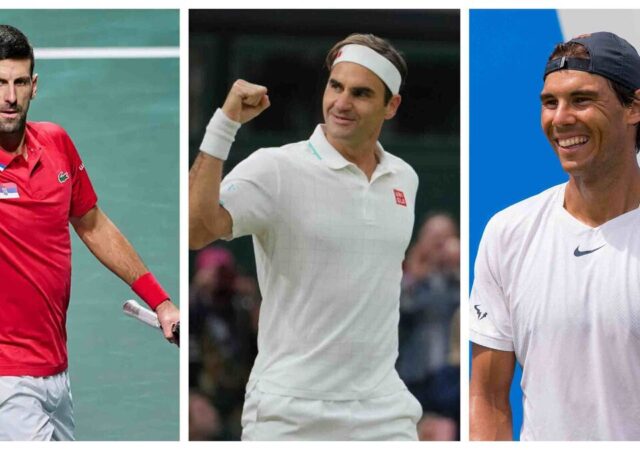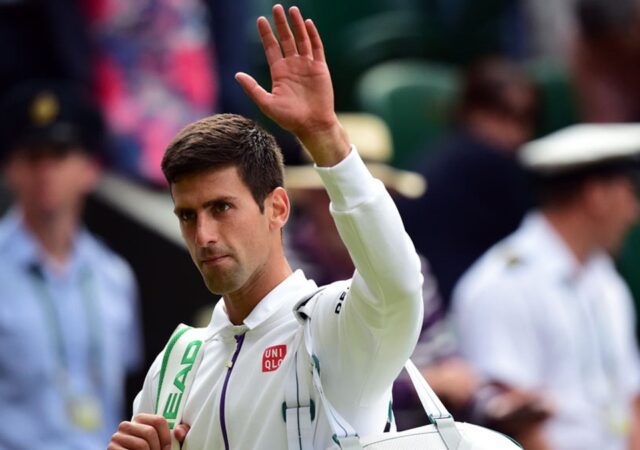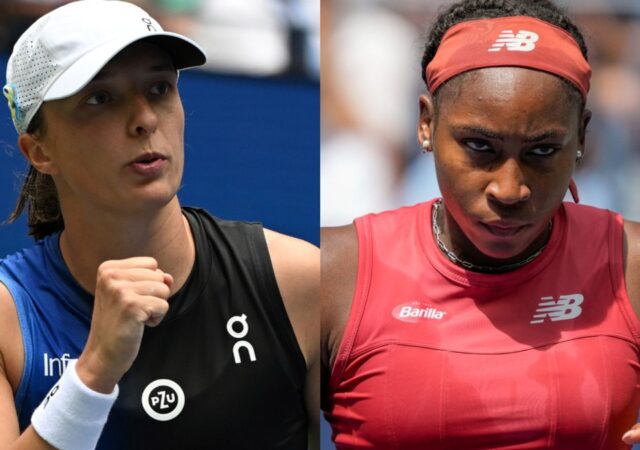After Denmark’s kit makers stated that they ‘do not intend to be seen during a tournament,’ England sponsors Nike are under increasing pressure to take a position against the human rights problems surrounding Qatar 2022.

Hummel launched a monochromatic shirt for the World Cup on Wednesday, essentially concealing their recognisable emblem, in protest of the host country, whose human rights record has been heavily scrutinised in the run-up to the game.

Will England’s kit sponsor Nike change the design for the protest?
Other businesses are expected to follow suit, with their decision being billed as a “watershed” moment on Wednesday. However, it is doubtful that England’s shirt sponsors, Nike, would follow suit.

It remains to be seen whether the England team’s official partners and the Football Association make similar announcements in the run-up to the event.
Ben Peppi, the sports commercial expert at JMW Solicitors, told Sportsmail that Hummel’s stance puts tremendous pressure on other brands to follow suit.
Peppi said, “This is a watershed moment for the World Cup, a clear on the field visible stance – it’s a very powerful PR message from Hummel that definitely puts pressure on others to follow suit”. “This won’t be the last company to do this – it’s a huge stand against FIFA”.

The fact the sportswear giants have contracts with multiple teams participating in the tournament makes it complicated for Nike to take a similar stance as Hummel. Denmark are the only team who have Hummel as a kit manufacturer at the World Cup.
A Hummel statement on Instagram read, “With the Danish national team’s new jerseys, we wanted to send a dual message”.
The FA and England are sponsored by some of the world’s most well-known companies, including Barclays, Disney, EE, Coca-Cola, PayPal, and M&S, which are all recognised as official sponsors on the FA’s website.
However, each corporation must determine whether to decrease their presence around the World Cup owing to the inhumanity associated with the Qatari bid.
Indeed, the campaign to garner lucrative sponsorship deals for national federations such as the FA is thought to be becoming increasingly difficult, with corporations well aware of the possibility for unwanted PR given the World Cup’s poor exposure.

![]England and Nike are under pressure](https://howdysports.com/wp-content/uploads/2022/09/Lionel-Messi-back-to-Barca-2022-09-21T220250.119.jpg)



